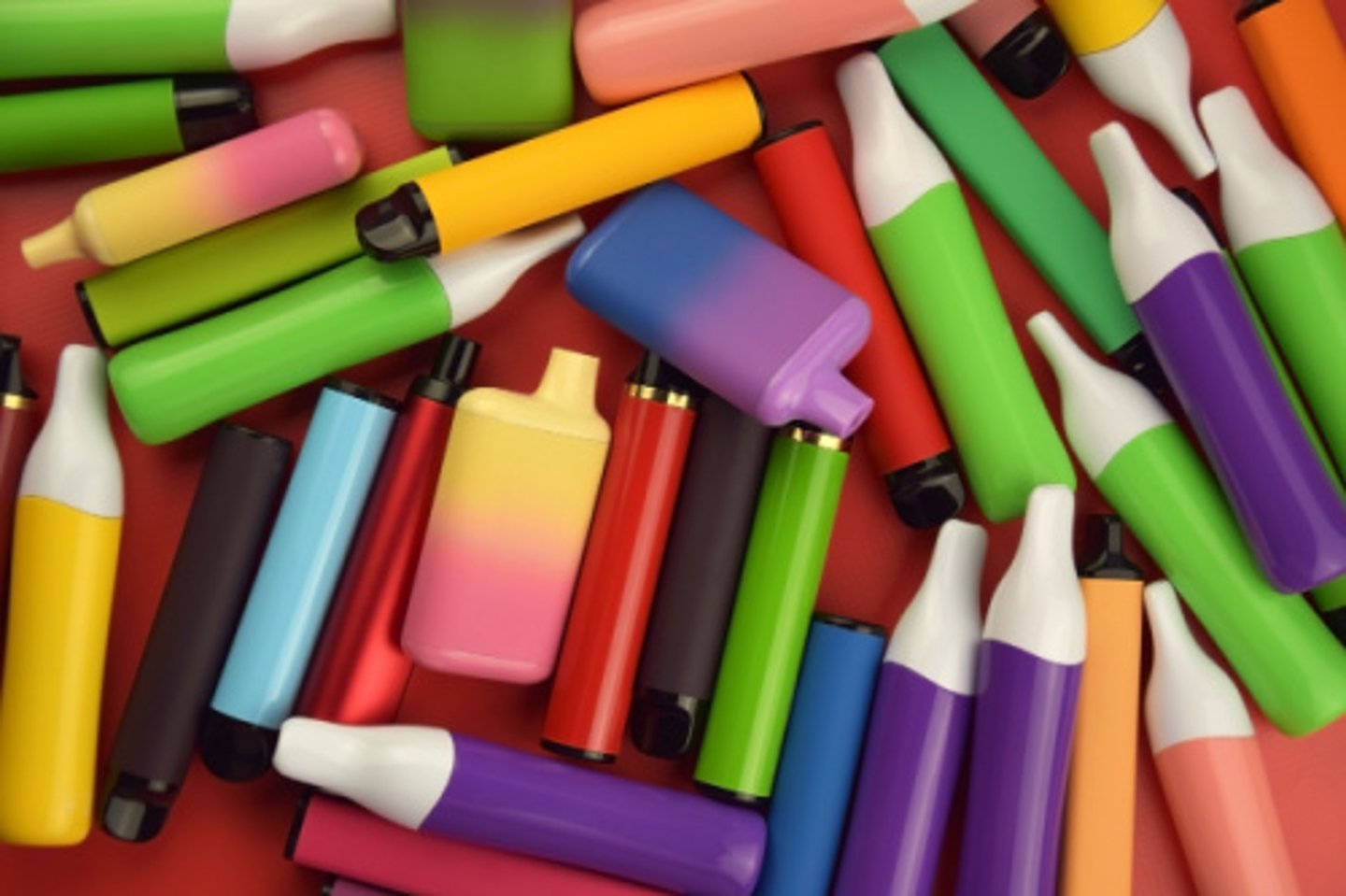Quebec adopts vaping regulations; ITCAN criticizes push
Regulations prohibiting the sale of vaping products with a flavour or aroma other than tobacco have now been announced in Quebec.
Quebec’s Health Minister Christian Dubé announced the regulations on Aug. 2 and said the regulations will go into effect starting Oct. 30.
Dubé first proposed the regulations and an amendment to the Tobacco Control Act in April this year, with the hope that the new rules would make vaping less appealing to minors.
"It is by improving the health of Quebecers that we will contribute to taking preventive action and reducing the pressure on our health network," said Dubé in a statement. "It's our responsibility, and we will ensure that these substances become less attractive to everyone."
Tobacco company, Imperial Tobacco Canada (ITCAN), criticized the move in a statement released on Aug. 2, saying that the government is choosing to regulate vaping products “on emotion rather than understanding the true harm-reduction role vape products can play to improve the public health of Quebecers”.
ITCAN joins a number of other associations that have openly criticized Quebec’s regulations since they were announced in April. The Canadian Vaping Association (CVA) and the Convenience Industry Council of Canada (CICC) have both been public advocates against flavoured-vape bans.
[Read more: “Quebec proposes new ban on vaping, industry associations react in big way”]
Beyond the falvour ban, the new regulations also limit the maximum nicotine concentration of all vaping products sold in the province to 20 milligrams per mL and will limit any design or packaging that is appealing to minors.
"While anti-smoking groups rejoice at this news, the sad reality is that these regulations will do nothing to change youth consumption. Let's be clear. We agree that too many young people are vaping and that they shouldn't be. However, the extreme restrictions on flavours in vaping products that are being adopted today will not solve this problem," said Eric Gagnon, vice-president of legal and external affairs at ITCAN. "Young people are already obtaining vaping products illegally. They will inevitably continue to obtain their supplies the same way adults will from now on – through the black market, where products are unlicensed and there are no safety standards."
ITCAN points out that if the government was serious about preventing vaping among young people, it should have adopted concrete measures such as:
- Ensuring that minors do not buy vaping products by introducing severe penalties for anyone supplying vaping products to minors
- Developing education and awareness programs to discourage adults from purchasing or supplying vaping products to minors
- Implementing mandatory training programs for all vape and tobacco retailers to educate them and their staff on how to effectively prevent underage access to vaping products
Both the CICC and CVA pointed out the use of vape products for smoking cessation in adults, a sentiment that ITCAN also echoed in its statement.
[Read more: "Vape tax in Quebec could boost black-market, increase smoking rates: CVA"]
"The Quebec government had the opportunity to position itself as Canada's leader in tobacco harm reduction, using facts and science to make an informed decision. It didn't," added Gagnon. "A balanced regulatory framework that allows flavoured vaping products to reach their full harm-reduction potential, while more strictly regulating the sale of nicotine-based products to minors, could have been encouraged. Unfortunately, the government succumbed to pressure from anti-tobacco groups, leaving adult consumers with no choice but to purchase products illegally, or worse still, to switch back to traditional cigarettes."





